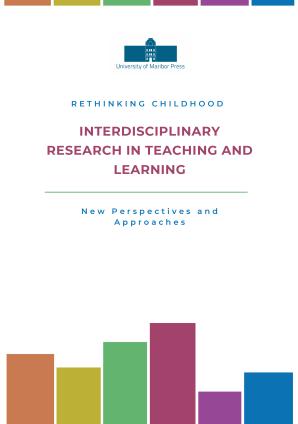Mathematical Competencies of Children in Various Early Childhood Education Programmes in Slovenia Before Entering Primary School
Synopsis
This research explores the mathematical competencies of children in various Slovenian early childhood programmes. The study includes 955 pre-school children, with a balanced gender distribution and a homogeneous age structure. The majority are enrolled in full-day programmes, with fewer in half-day and shorter programmes. Approximately 300 early childhood teachers completed the "KOM5 Competency assessment tool for early childhood children" for each child. The study demonstrates that children’s mathematical skills, as assessed by early childhood teachers, significantly improve throughout short programmes. However, when comparing children's competencies in full-day, half-day, and short programmes, it is evident that children in short programmes consistently score lower in mathematical competencies than those in full-day and half-day programmes. Furthermore, the comparison between full-day and half-day programmes reveals no significant differences. The study results are relevant for formulating early childhood education, advocating for a balanced approach that considers both the quality and duration of Slovenian early childhood education.
Downloads
Pages
Published
Categories
License

This work is licensed under a Creative Commons Attribution-NonCommercial-ShareAlike 4.0 International License.






